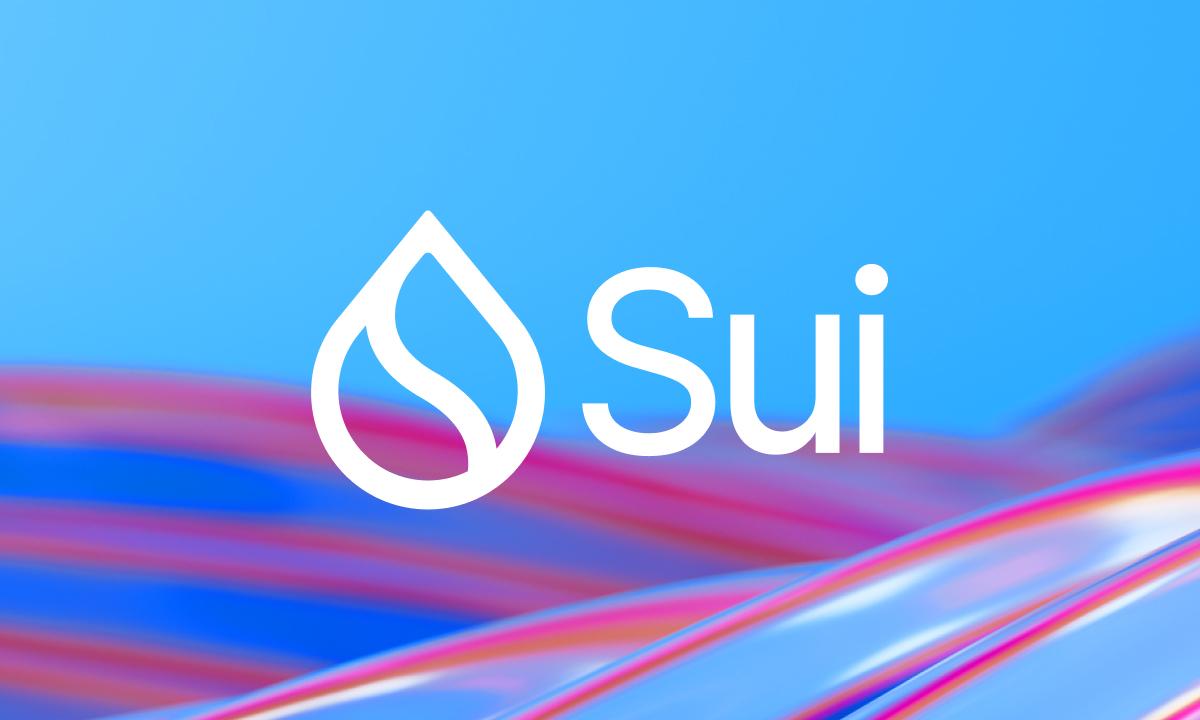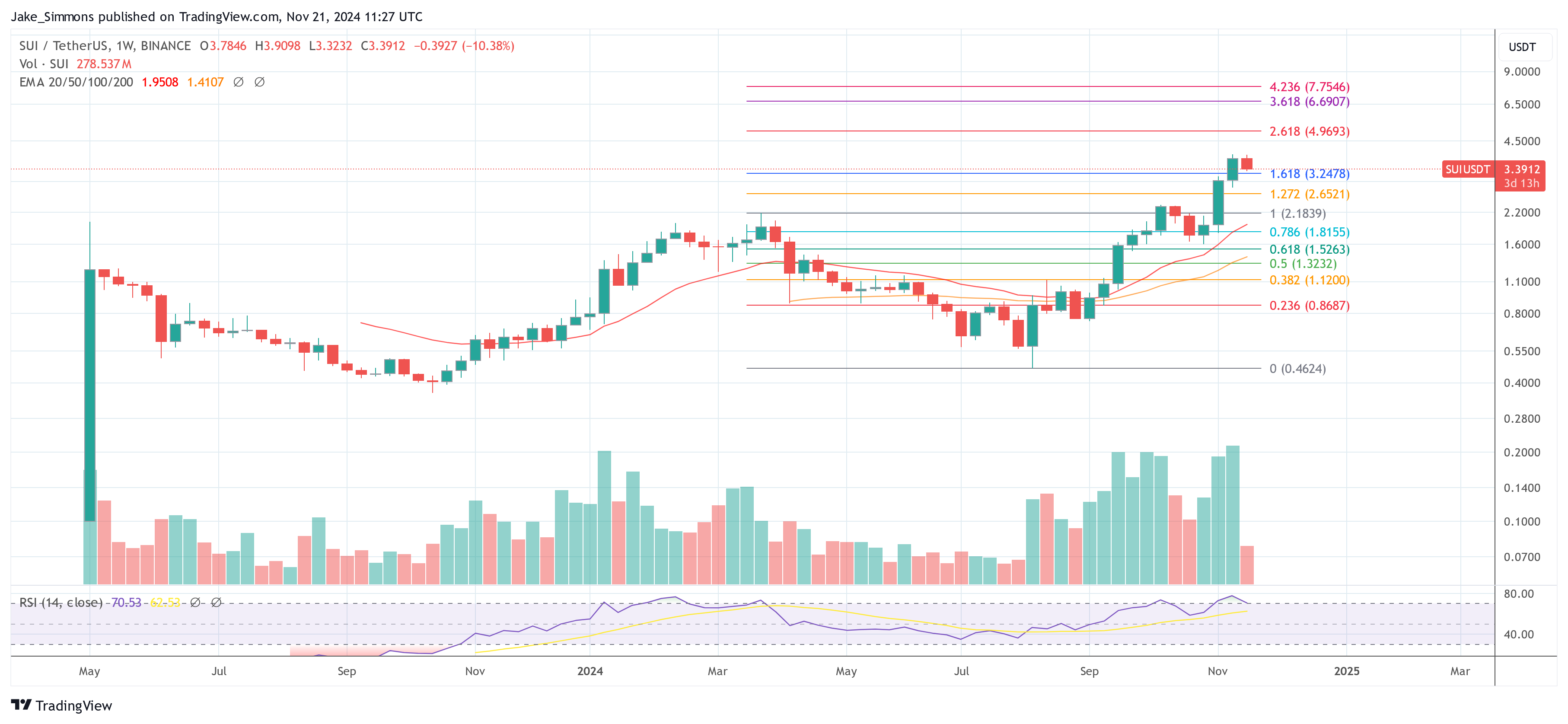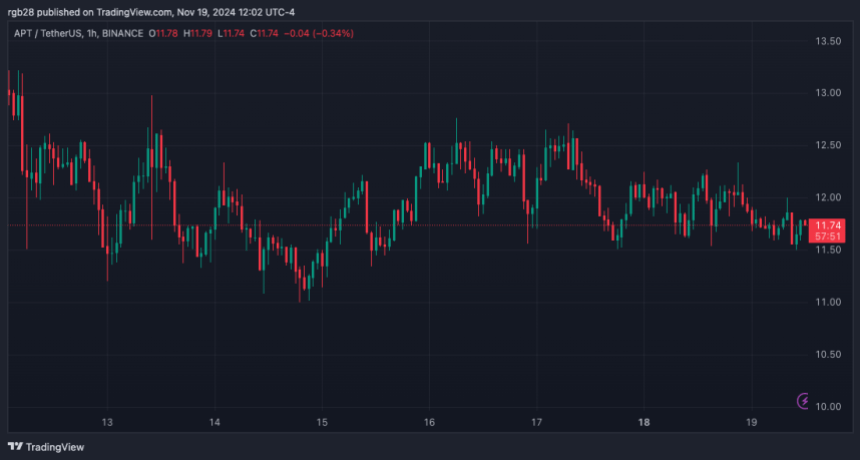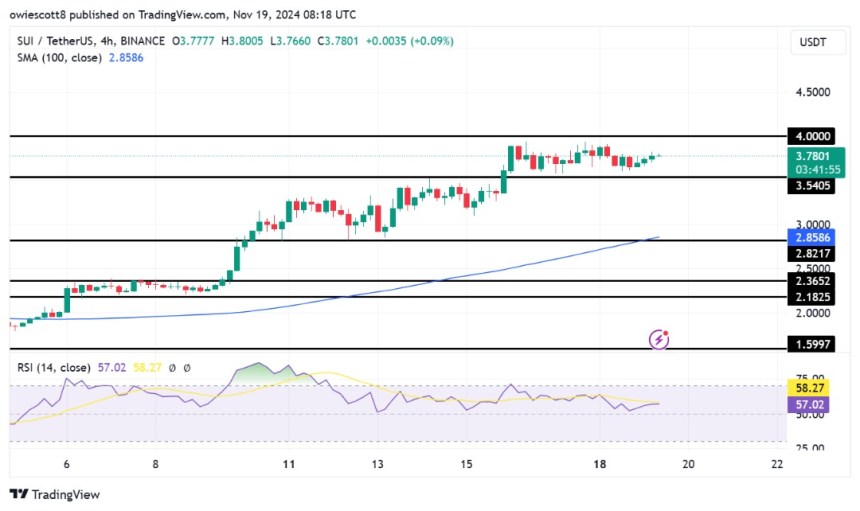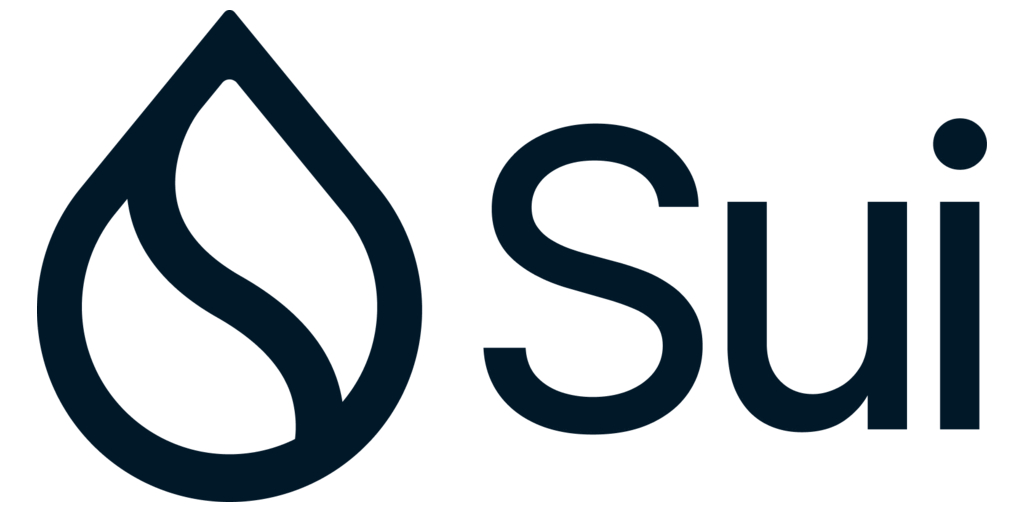
Responding to the Sui community, the network’s newest feature adds functionality to support liquid staking apps while preserving diversity of validators
GRAND CAYMAN, Cayman Islands–(BUSINESS WIRE)–The Sui Network, a groundbreaking Layer 1 blockchain that leverages an object-centric data model to provide a more performant infrastructure layer for Web3, today launched functionality that enables liquid staking as part of its latest network upgrade. A high priority for the Sui community, the upgrade will enable developers to offer services allowing token holders to receive derivative tokens proportional to the value of their staked SUI tokens, opening up new possibilities within the network’s burgeoning DeFi ecosystem.

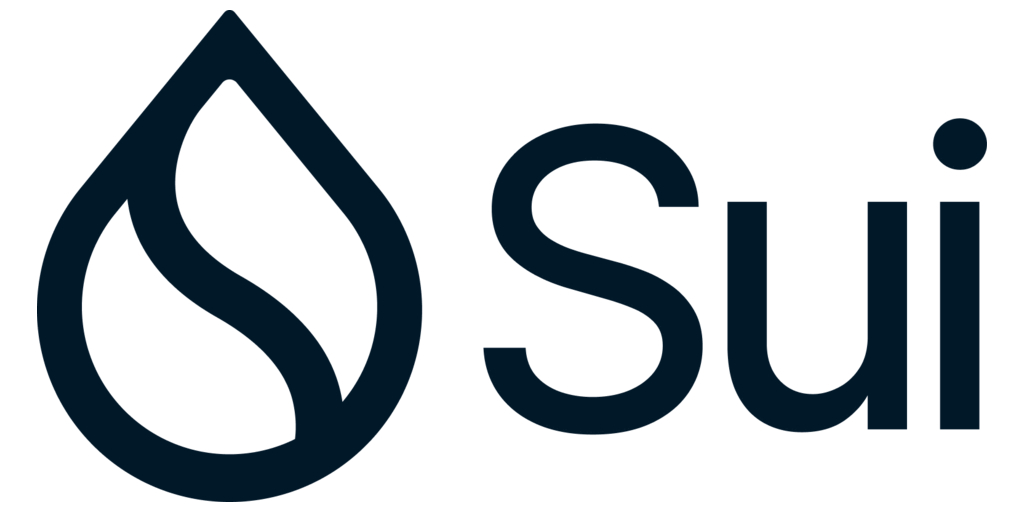
The updated implementation of staking on Sui is a testament to the network’s community-driven development. Through the changes based on Sui Improvement Proposal (SIP) #6, formulated by a proactive team within the Sui community, Sui developers will now be able to offer fully non-custodial liquid staking solutions. Community approval was instrumental in launching SIP #6 on the Sui network.
Because of the Sui network’s unique architecture, third-party liquid staking apps on Sui will offer the benefits of liquid staking — more incentives for staking and ultimately greater network security — without concentrating staking power in one or a few validators. In general, liquid staking consists of two parts. First, a third-party Move package issues a derivative token (e.g. on Ethereum, stETH) in the same amount as the staked token. For example, a staker of 100 Sui might receive 100 stSUI (where stSUI is a hypothetical derivative token issued by a third party package). This derivative token can be used for other purposes, traded, loaned etc. The second aspect relates to the original token, which remains staked, continuing to help secure the network as part of the consensus process.
Sui’s formulation differs from those of other networks in one key respect. Other networks rely on third party liquid staking protocols for both aspects of the liquid staking process. They issue the derivative and also determine the validators where the staked tokens are delegated. On Ethereum, for example, Lido provides both of these functions. Conversely, on Sui, these two aspects remain distinct. Most importantly, unlike other networks, the staker can stake their original tokens with any validator on the network that they choose.
In general, liquid staking has the benefit of promoting decentralization by offering greater utility for stakers and thus increasing the incentives to stake and secure blockchain networks. However, constraining the stakers’ choice of validator has the opposite effect by concentrating power in one or a few validators on the network. Sui’s liquid staking formulation avoids this pitfall.
“Adding native support for liquid staking dApps as part of the Sui core technology addresses a clear need voiced by our community members who wanted to participate in securing the Sui Network without sacrificing liquidity,” said Greg Siourounis, Managing Director of the Sui Foundation. “We are thankful for the continued dedication and ingenuity displayed by the Sui community in generating and approving SIP #6, and we look forward to seeing how developers will use this new functionality to build on Sui.”
About Sui Network
Sui is a first-of-its-kind Layer 1 blockchain and smart contract platform designed from the bottom up to make digital asset ownership fast, private, secure, and accessible to everyone. Its object-centric model, based on the Move programming language, enables parallel execution, sub-second finality, and rich on-chain assets. With horizontally scalable processing and storage, Sui supports a wide range of applications with unrivaled speed at low cost. Sui is a step-function advancement in blockchain and a platform on which creators and developers can build amazing, user-friendly experiences. Learn more: https://sui.io
Contacts
[email protected]


